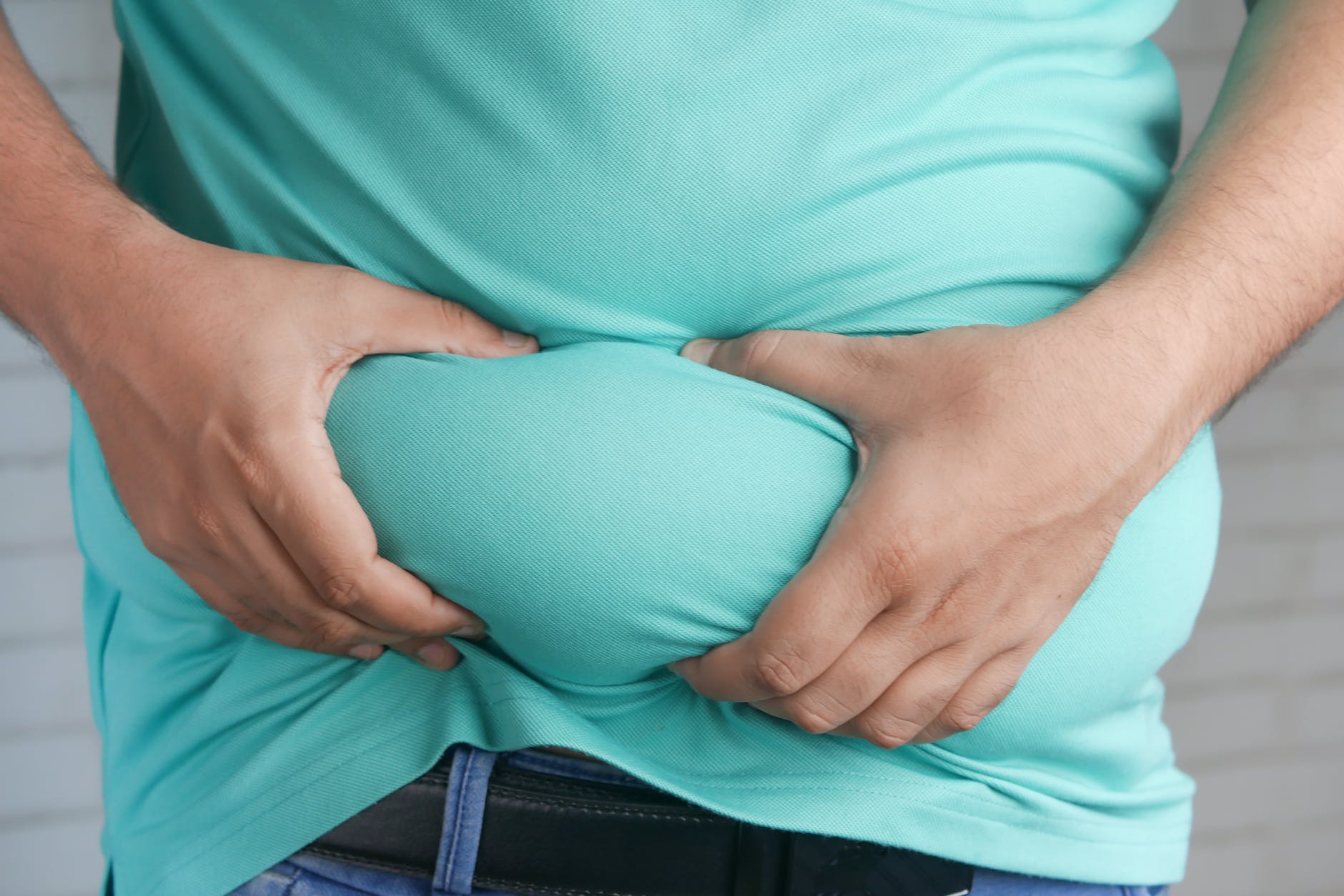
If you’re on a weight loss journey, incorporating lemon into your diet can be a refreshing and beneficial strategy. Lemons offer numerous properties that can support your weight loss efforts, from boosting metabolism and aiding digestion to providing hydration and adding flavor to your meals. In this detailed and comprehensive blog post, we’ll delve deeper into the various ways lemon can contribute to weight loss and provide you with practical tips on how to incorporate this citrus fruit into your daily routine. Get ready to discover the zesty secrets of lemon for shedding those extra pounds! 🍋🏋️♂️
🏋️♂️ Boosting Metabolism: Lemons are a rich source of vitamin C, a nutrient that plays a crucial role in maintaining a healthy metabolism. Vitamin C is involved in the production of carnitine, a molecule that helps the body convert fat into energy. By consuming lemon-infused water or incorporating lemon into your meals, you can give your metabolism a natural boost, helping your body burn calories more efficiently.
🍋 Aiding Digestion: Lemon’s natural acidity can promote healthy digestion and assist in weight management. The citric acid found in lemons stimulates the production of digestive enzymes, which can enhance the breakdown of food and improve nutrient absorption. Drinking warm lemon water in the morning can kick-start your digestive system and support a healthy metabolism throughout the day. It can also help alleviate symptoms of indigestion, bloating, and constipation, ensuring your digestive system operates smoothly.
💧 Hydration and Detoxification: Staying properly hydrated is essential for weight loss, as it helps maintain optimal bodily functions and supports the breakdown of fat cells. Lemon water provides a flavorful and refreshing way to increase your water intake. The added lemon not only enhances the taste but also provides natural detoxification benefits. Lemons are known to stimulate the liver, the body’s primary detoxifying organ, supporting its function in eliminating toxins and waste products. By hydrating with lemon water, you’re aiding your body’s natural detoxification processes and promoting overall wellness.
🍋 Reducing Caloric Intake: Incorporating lemon into your meals can add a burst of flavor without significantly increasing calorie content. The vibrant taste of lemon can help satisfy your taste buds, making your meals more enjoyable and potentially reducing the need for excessive salt, sugar, or unhealthy fats. Lemon zest, juice, or slices can be added to salads, marinades, dressings, and various recipes to enhance the flavor profile while keeping your calorie intake in check. By opting for lemon as a natural flavor enhancer, you’re making mindful choices that support your weight loss goals.
🏋️♂️ Smart Snacking: When cravings strike, lemon can be your weight loss ally. Sipping on a glass of lemon-infused water or enjoying a cup of herbal tea with a squeeze of lemon can help curb cravings for sugary or calorie-dense snacks. The refreshing taste of lemon can provide a satisfying and guilt-free alternative, supporting your efforts to make healthier snack choices. Additionally, the fiber content in lemons can contribute to a feeling of fullness, helping you stay satisfied between meals and reducing the likelihood of overeating.
🍋 Nutrient Powerhouse: Lemons are not only low in calories but also packed with essential nutrients. They are an excellent source of vitamin C, providing immune-boosting properties to support your overall health. Lemons also contain antioxidants that help fight oxidative stress in the body, which is important for overall well-being. Incorporating lemon into your weight loss journey ensures you’re nourishing your body with vital nutrients while working towards your goals.
💪 Practical Tips for Incorporating Lemon: To maximize the weight loss benefits of lemon, consider the following tips:
- Start your day with warm lemon water: Squeeze the juice of half a lemon into a glass of warm water and drink it first thing in the morning. This can kick-start your metabolism, aid digestion, and provide a hydrating and refreshing start to your day.
- Add lemon to your meals: Experiment with adding lemon zest, juice, or slices to your salads, grilled vegetables, fish, or chicken dishes. The tangy taste of lemon can elevate the flavors of your meals without adding excessive calories, making your dishes more enjoyable.
- Stay hydrated with lemon water: Keep a pitcher of lemon-infused water in the refrigerator and drink it throughout the day. This will not only help you stay hydrated but also provide a refreshing alternative to sugary beverages.
- Get creative with lemon-based dressings and marinades: Create homemade dressings and marinades using lemon juice, olive oil, herbs, and spices. These can add flavor to your meals while keeping them light and healthy.
- Enjoy lemon-infused herbal tea: Replace sugary beverages with herbal teas infused with lemon slices or a squeeze of lemon. This can be a refreshing and hydrating alternative to calorie-laden drinks.
- Experiment with lemon desserts and treats: If you have a sweet tooth, explore healthier dessert options that incorporate lemon, such as lemon-infused yogurt, homemade lemon sorbet, or lemon zest sprinkled on fresh fruits. These options can satisfy your cravings while providing a lighter and more nutritious alternative to traditional desserts.
🍋🏋️♂️ By incorporating lemon into your weight loss journey, you can enjoy its refreshing taste while benefiting from its metabolism-boosting, digestion-supporting, and hydrating properties. Embrace the power of citrus and savor the tangy goodness of lemon as you work towards your weight loss goals!









